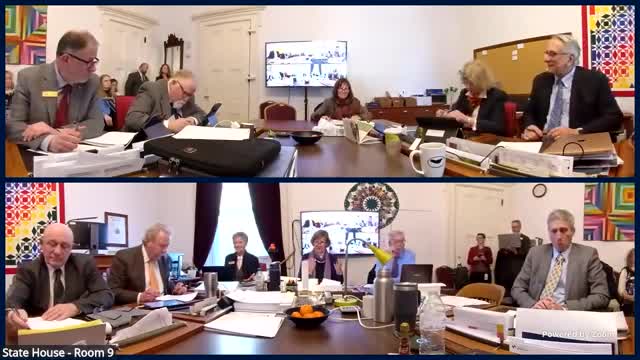Article not found
This article is no longer available. But don't worry—we've gathered other articles that discuss the same topic.
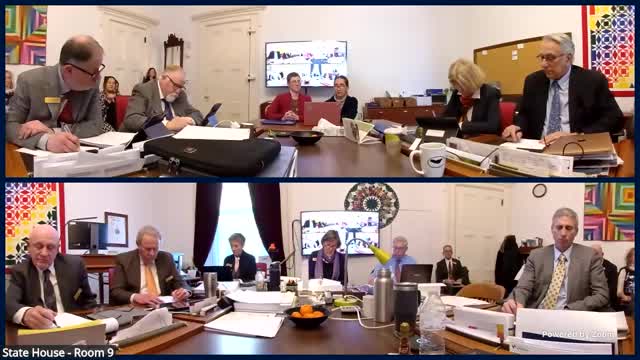
Rep. Jana Brown asks for $182,000 to support CACFP fiscal sponsors for home‑based child care
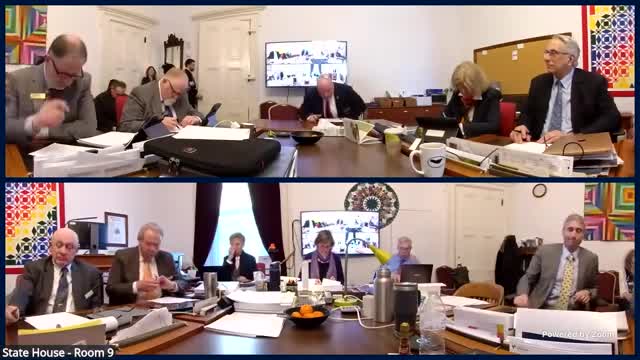
Recovery partners ask Appropriations for base increases to recovery residences and centers, plus opioid fund items
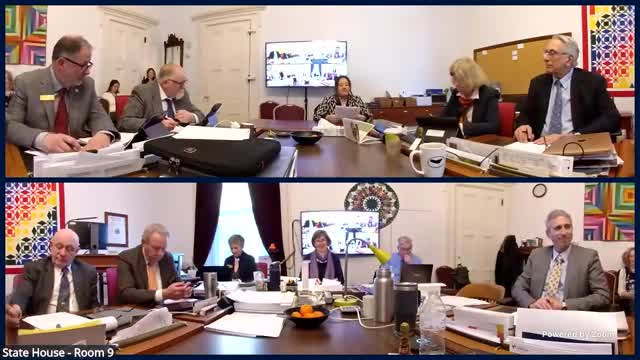
Advocate urges $2.4 million to continue and expand SASH for All pilot
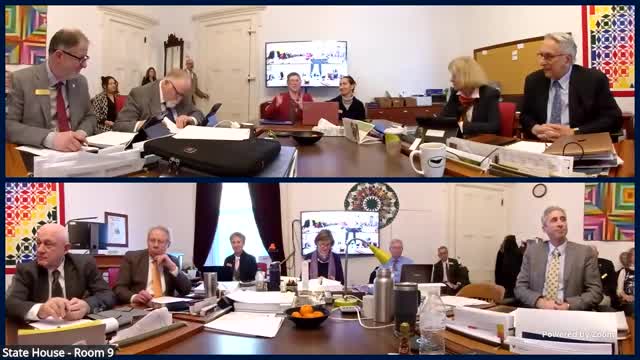
Supporters urge higher funding for Working Lands Enterprise Fund, cite economic return
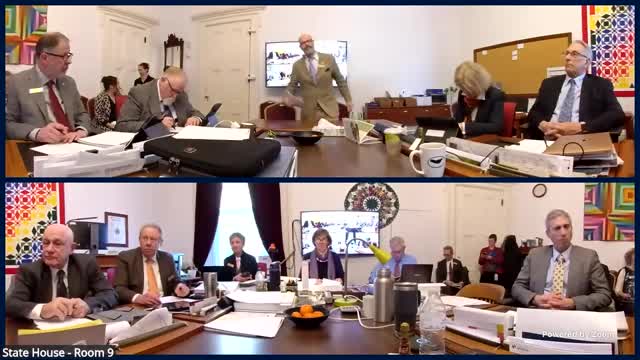
Chris Morrow asks for $5 million to bolster Vermont Food Bank emergency readiness and local purchases
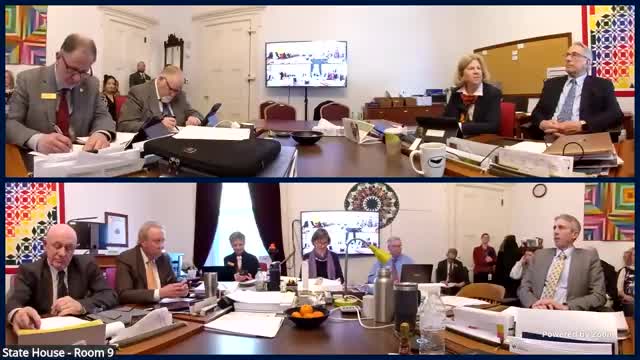
Witnesses tell appropriations committee universal school meals support learning, attendance
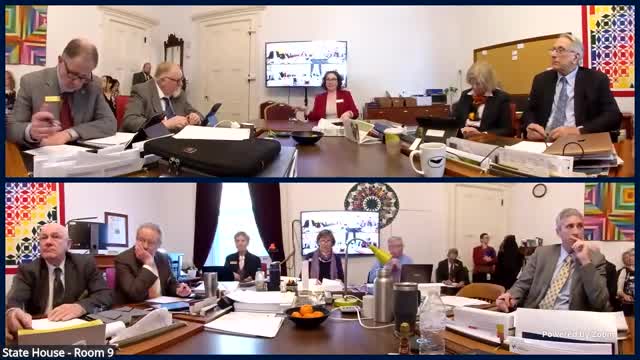
Rep. Ashley Bartley seeks $80,000 over two years for Empty Arms Vermont
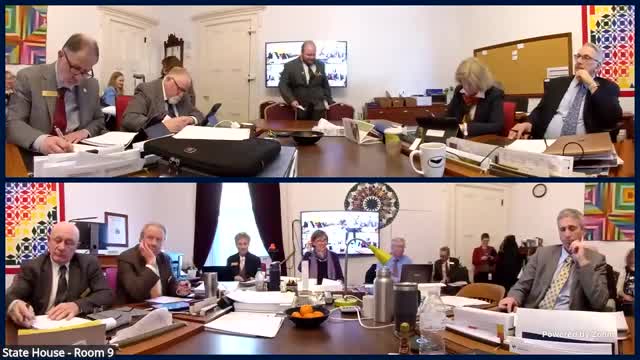
Flood recovery advocates ask for continued FEMA match support and new state flood positions
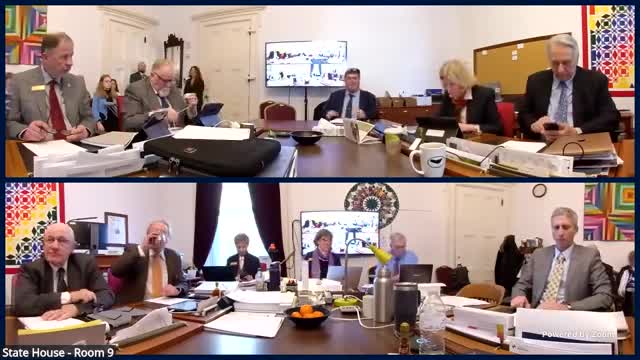
Advocates tell Appropriations committee Meals on Wheels needs sustained state and federal support
